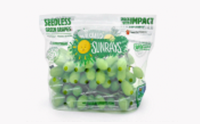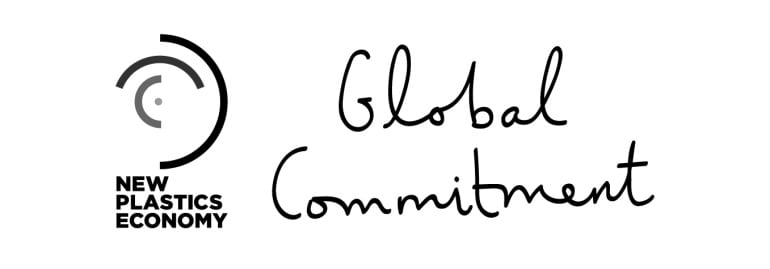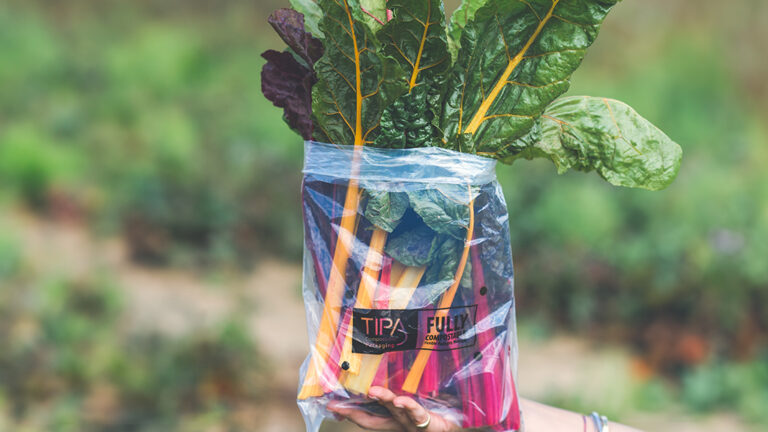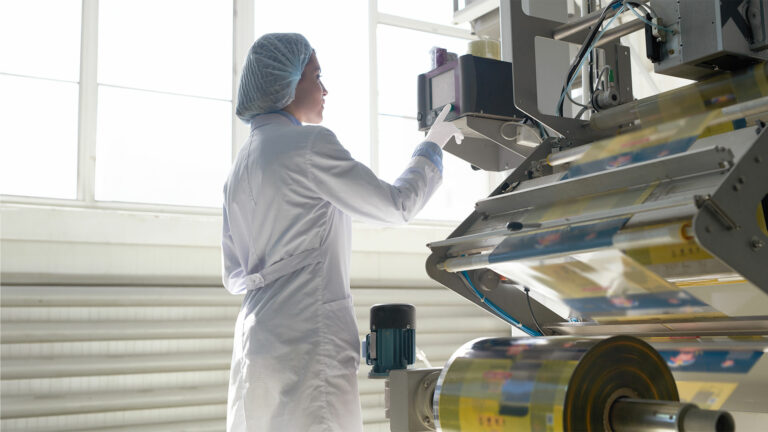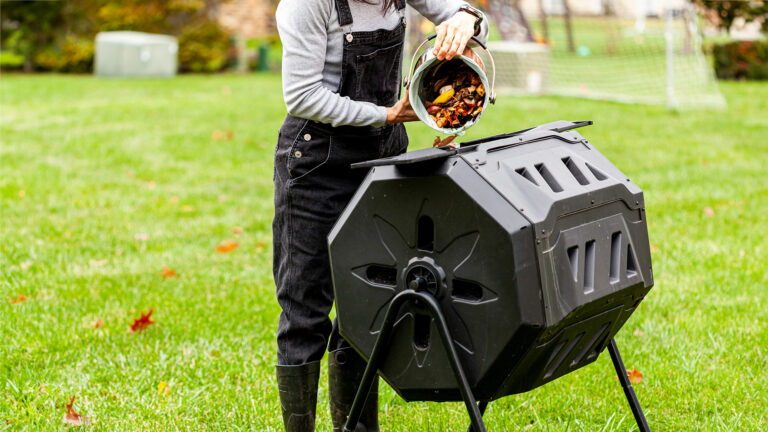In 2019, TIPA® became a signatory to the New Plastics Economy Global Commitment and joined the global effort of moving towards a new plastics economy by providing compostable packaging solutions for non-recyclable or reusable packaging applications across the food and fashion sectors.
In 2020 TIPA® has worked with companies across the world, replacing around 1,000 tons of non-recyclable flexible and multilayered plastic packaging with a fully compostable alternative. TIPA® is committed to working towards achieving at least 75% renewable content in 2025 for all of our products. For 2020 the renewable content in our products ranges between 20-80% percent, depending on the product type and application. Among our growing list of clients, we are proud to work with other prominent signatories of the Global Commitment such as sustainable fashion icon Stella McCartney, Australian supermarket Woolworths, and compostable film manufacturers BioPack and Futamura, among others.
TIPA® works closely with local authorities and the organic recycling sector to support composting facilities and organized bio-waste schemes across multiple regions to ensure that our packaging is not only compostable but will be easily composted in practice.
We are very proud of this year’s success, and we want to thank our global partners for their support. We look forward to a more sustainable future for plastic and packaging.
More about the New Plastics Economy Global Commitment
Launched in October 2018, the Global Commitment now has over 400 organizations committed to eliminating problematic and unnecessary plastic packaging, and undertaking innovations so that all plastic packaging is 100 percent reusable, recyclable, or compostable, as well as safely and easily circulated without becoming waste or pollution.
This report aims to provide an unprecedented level of transparency on how almost 200 businesses and governments are changing their plastic production and plastic use to achieve this. It shows promising early progress.









